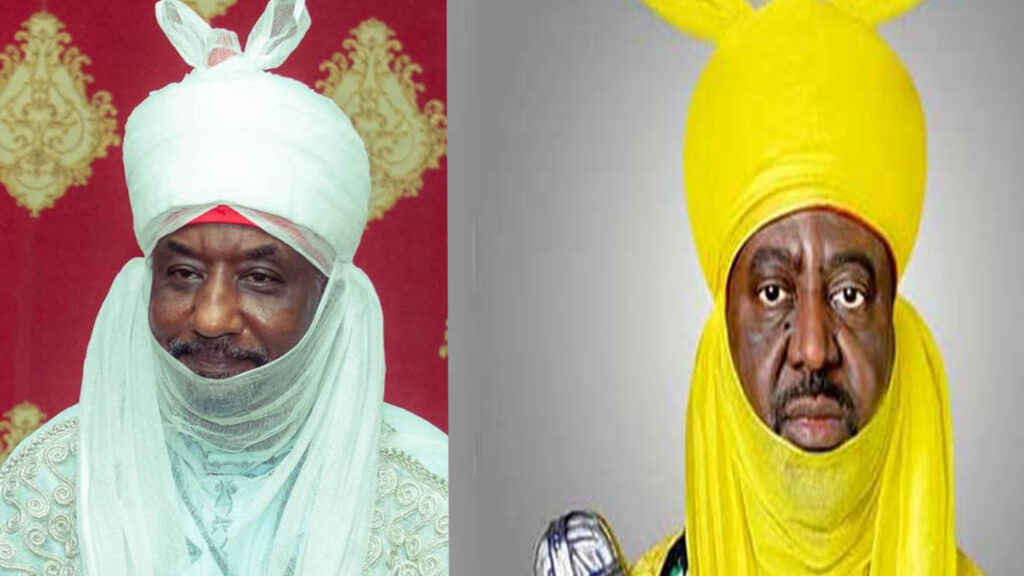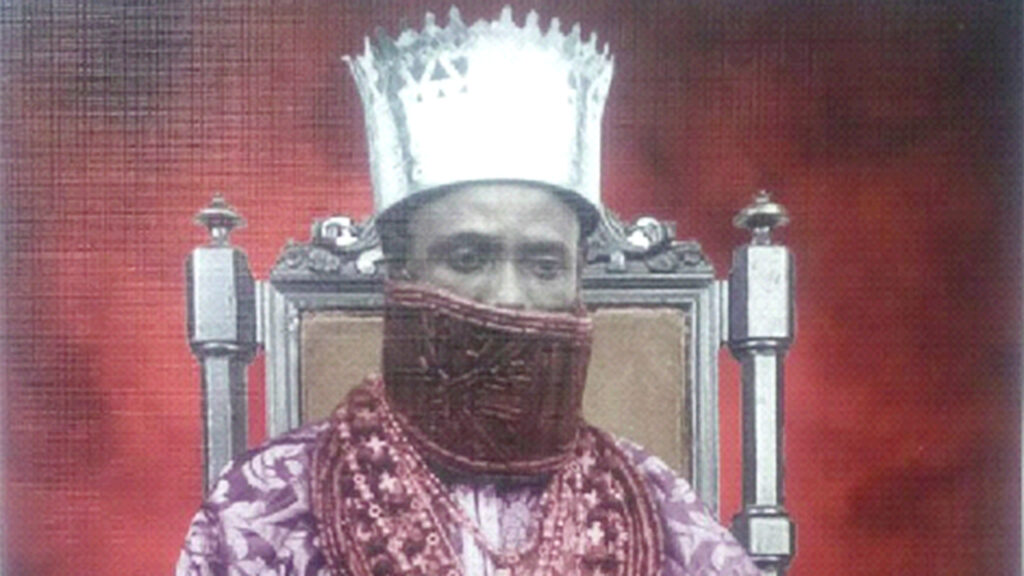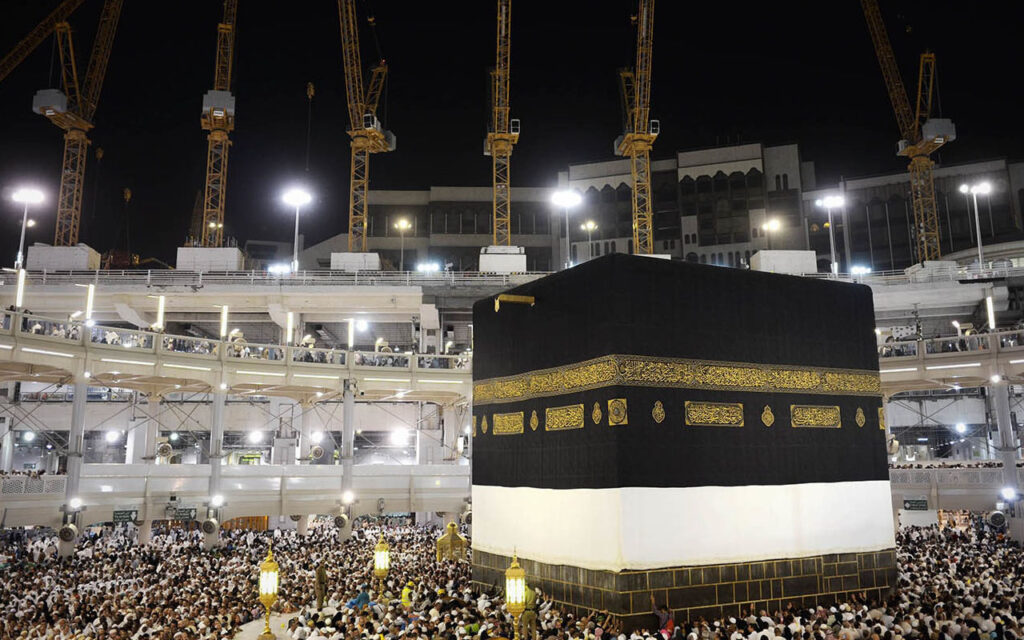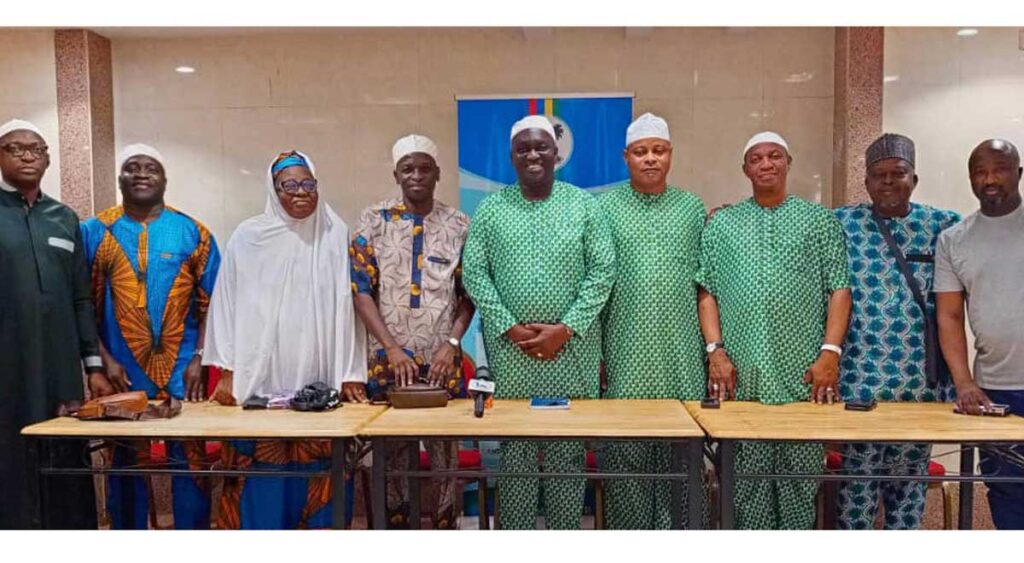
In an ideal democratic society, the rule of law is the underlying principle that ensures everyone is equal before the law and without exception. But this is not the case in Nigeria where some ‘powerful’ individuals and state institutions like the Police and other security agencies cherry-pick which of the court orders to obey, writes JOSEPH ONYEKWERE.
A comprehensive report issued by the Network on Police Reforms in Nigeria (NOPRIN), a few weeks ago on non-compliance with court orders by officers of the Nigerian Police and the implication on the criminal justice system, warned that addressing the issue is essential for upholding the integrity of the justice system and protecting rights of individuals.
According to the report, non-compliance with court orders by law enforcement officers can be attributed to various factors, including lack of clear communication between the judiciary and the Police, impunity, abuse of power by oversight agencies, corrupt practices amongst judicial staff, bureaucracy, lack of trust in the judiciary, institutional resistance to change, inadequate training, and sometimes political or public pressure.
In the 49-page report authored by a lawyer and Programme Officer for NOPRIN, Precious Osinaku, and Senior Lecturer, Department of Social Work, University of Calabar, Dr Glory Eteng Bassey, the consequences of non-compliance are very significant and multifaceted.
“They can erode trust in the justice system, undermine the rule of law, lead to a miscarriage of justice, and result in civil rights violations, legal battles, and financial liabilities for the Police,” the report says. It added that addressing non-compliance requires a multifaceted approach and includes policy reforms, community engagement, accountability measures, training and education and improved communication.
The preponderance of non-compliance issues involving the Police and the judiciary, the report noted have collectively and cumulatively undermined the power of the judiciary.
Over the past three to four decades there have been national scandals concerning police non-compliance with court orders; misconduct, including human rights violations, excessive use of force and corruption in countries around the world resulting in public outcries, which in the case of Nigeria, culminated into the #EndSARS campaign. These have created the need for the police to regain moral authority by improving their integrity and re-establishing public confidence.
For instance, on June 8, 2023, Justice Oyebiola Oyewumi of the Abuja division of the National Industrial Court (NIC) ordered the arrest of the then Inspector General of Police (IGP), Usman Alkali, and the Force Secretary, AIG Hafeez Inuwa, for disobeying the court order, which was regarded as contempt.
The court had earlier ordered the IGP to reinstate some police officers, who are graduates of Courses 33, 34, and 35 of the Police Academy, who were forcefully retired but ordered to be reinstated by the court. Unfortunately, the IGP allegedly disobeyed the order.
Before this incident, Nigerians were jolted when Justice Mobolaji O. Olajuwon of the Federal High Court, Abuja brought the full weight of the law to bear on the same former IGP, Alkali in January 2023. Without mincing words, the judge sentenced the IGP to three months imprisonment for contempt of court.
The order was made following a suit filed by a former police officer, Mr Patrick Okoli, who was unlawfully and compulsorily retired from the Police in June 1992. Okoli had obtained a judgment from a Bauchi High Court on February 19, 1994. The judgment ordered that Okoli be reinstated with all rights and privileges, but the Office of the IGP failed to obey the order.
Citing key informant respondents, the report in its summary of findings stated that the non-compliance with court orders by the Police has a colonial background.
“The colonial origin of the Police and the military incursion into the political sphere has continued to affect them in the discharge of their duties. As a consequence of the colonial and military dictatorships we had in Nigeria, the Police became police for the government and not for the people. The Police then gradually wore the toga of a sacred cow that cannot be touched with a penchant for disdain of court orders. The Police are still having a hangover from the long stay of the military in Nigeria’s political system,” it declared.
It observed that the constitutional provisions that make the office of the IGP answerable to the Executive and not to the Police Service Commission (PSC), empower the IGP to choose to flaunt the directives of the PSC even if such directive emanated from orders of the court. “Since the Constitution shields the IGP from being held accountable by the PSC, the IGP can pick and choose what directives of the PSC to obey,” it says.
Reacting to the report, Ibadan-based Senior Advocate of Nigeria (SAN), Yomi Aliyu, described as a paradox the act of disobeying lawful orders by the same body constituted by law to uphold the law. According to him, this conduct is a recent development.
His words: “The 1979 Constitution was a changer because hitherto, you cannot sue a superior police officer for the tortious act of his junior. Simply put, there was no vicarious liability in the police because every policeman “was performing a statutory duty.”
“In 1987, I sued the Police Council, Inspector General of Police, Commissioner of Police and five policemen heading Oyo State CID (as it used to be called) for refusing to comply with the advice of the DPP directing that my client accused of robbing Nigerian Wire & Cable, Ibadan, be released for want of evidence.
“My client, Kasumu Adio, was still taken to court on holding charges for five years after the receipt of DPP advice. He was awarded N27, 500. This was paid promptly by the Police Council. There are three ways of curbing disobedience of Court order by police officers. The first is for lawyers to use the instrument of Forms 48 and 49 for contempt of Court to get compliance. Secondly, where the order is monetary, counsel should file garnishee orders as I did in Sunday Adeyemo (better known as Igboho Oosa) v. AGF & Ors in the N205 billion case, before they went on appeal.”
Aliyu suggested that the most drastic step could be to amend the Police Act to include a provision that a police officer, including the IGP, against whom an order of the court is pending will be deemed to have been relieved of his post until the order is complied with.
Also, the Convener, Access to Justice, Joseph Otteh, who decried the development warned that the implication would be that courts are unable to effectually exercise the role reserved for them by the Constitution, as well as safeguard and effectively guarantee fundamental rights, if its orders continue to be disobeyed.
According to him, it means that other branches of government, particularly the executive arm can arm-twist and ride rough-shod over both courts and citizens, and no one can stop them, which takes us closer to a Fascist state, rather than a democratic state.
“This is largely a legacy of impunity by present and past governments. And suppose the incidents of disobedience are not dealt with and overcome. In that case, the role of courts as bulwarks of civil rights will remain a severely constrained and limited one, and no democracy will function properly if courts are reduced to the level of sterility.
“Yet, the Judiciary must assume responsibility for this situation. Its inability to wage an effective struggle to defend its space, and assert its independence and integrity are all contributory factors to the disobedience of its orders. Unless the Courts put their foot down, and re-assert that which properly belongs to them by constitutional right, they will remain on their back foot and the situation is not likely to improve soon,” he feared.
Stephen Azubuike, a lawyer, said when there are no consequences for actions, impunity will abound. He warned that the desecration of the hallowed temple of justice by disobeying pronouncements of the Living Oracles of the Law has become the order. “This can only be checked when those responsible are successfully held in contempt and punished by the authorities accordingly,” he suggested.
Human rights lawyer, Festus Ogun in his opinion asserted that disobeying court decisions is a demonstration of the fact that impunity persists. An unenforced judgment, he said, is as good as no judgment at all. “Our country remains at risk when there are no true consequences for impunity and it all starts from willful disobedience to court order,” he declared.
Expressing views on the matter, Kano-based lawyer, Abubakar Sani described disobedience to court order as disturbing and unfortunate. As law enforcement agents, the Police, he said, ought to lead by example in terms of obeying court orders.
“Accordingly, if the finding of the report is correct, it is a thing of shame which ought to be condemned in the strongest possible terms. If the Police have no qualms about flouting court orders, what right do they have to arrest anyone for breaking the law?
“The Constitution is clear in Section 287 that court orders and decisions are binding on and enforceable by and against all authorities and institutions in Nigeria, without exception – including the Police.”
Like all public officers, the Police are sworn to protect, defend and uphold the Constitution and all the other laws of the land. Those oaths are in the 7th Schedule of the Constitution as well as the Police Act. Why are they being observed in the breach?’ He asked.
For Bar Noah Ajare, a lawyer, the level of non-compliance with court orders and security agencies in Nigeria is at an alarming rate. The truth, he said, remains that democracy and the voluntary submission of citizens’ collective rights are the sole goals of the rule of law.
According to him, security agencies must as a matter of compulsion obey court orders because that is the foundation upon which Nigerians will enjoy the rule of law in society. “I will appeal to them that once they verify the veracity of a court order, it must be obeyed and then challenged if the right of appeal still lies. In essence, court orders must be obeyed and that is why we have the principles of separation of powers as enshrined in the Constitution.
“When the Executive, which has the police under it, is not complying with the decisions of the judiciary, then we have a problem, and it will affect the rule of law and democracy itself. We need to ensure that the police and paramilitary forces are properly trained on the need to respect and comply with court orders,” Ajare declared.
The Force Public Relations Officer, ACP Muyiwa Adejobi did not pick up calls placed on his mobile phone or reply to the message sent to his WhatsApp, seeking a reaction from the Police.













